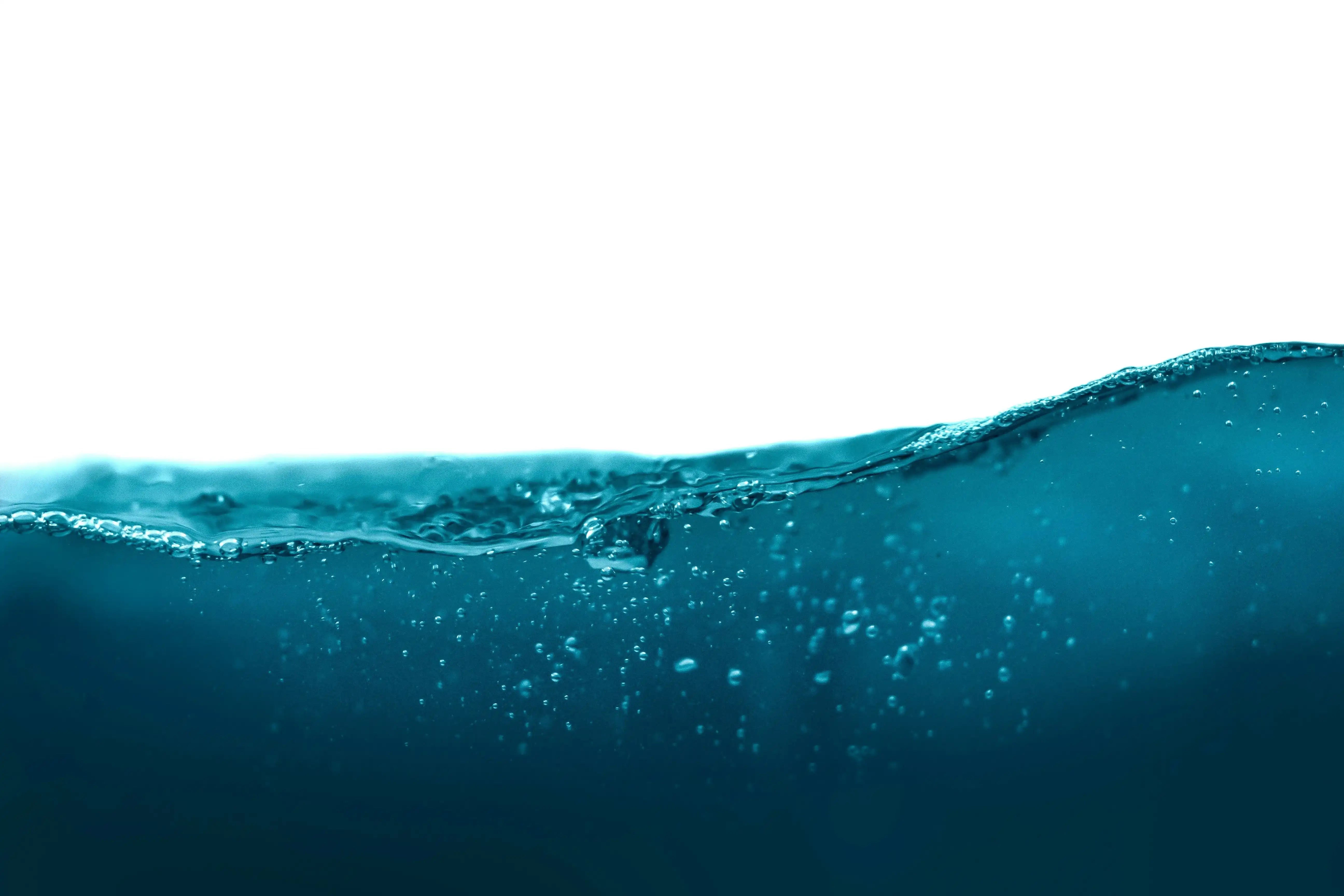Electrolytes are essential minerals that help regulate a range of bodily functions, from keeping you hydrated to supporting muscle contractions and nerve function. But did you know that certain signs and symptoms could be telling you that you’re running low on these crucial minerals? Whether you’re an athlete, a busy professional, or simply someone wanting to stay healthy, understanding the signals your body gives can help you maintain optimal electrolyte levels for overall well-being.
What Are Electrolytes?
Electrolytes—such as sodium, potassium, calcium, magnesium, and chloride—are minerals that carry an electric charge when dissolved in water. This electric charge enables them to help balance your body’s fluids, regulate blood pressure, and support muscle and nerve function. Because we lose electrolytes through sweat, urine, and even breathing, it’s important to replenish them regularly, especially when engaging in physical activities or during hot weather.
Key Signs You May Need More Electrolytes
While symptoms of electrolyte imbalance can vary, here are some common signs that you may need to boost your electrolyte intake:
1. Frequent Muscle Cramps and Spasms
Muscle cramps and spasms, especially in the legs or calves, are often associated with a deficiency in electrolytes, particularly potassium, calcium, and magnesium. These electrolytes play a crucial role in muscle contraction and relaxation, so low levels can lead to painful cramps or spasms.
Tip: Try incorporating foods rich in potassium (bananas, potatoes), calcium (dairy products, leafy greens), and magnesium (nuts, seeds) or consider an electrolyte supplement if you frequently experience cramps.
2. Persistent Fatigue and Weakness
Feeling overly tired or weak can also indicate low electrolyte levels, particularly sodium and potassium. Electrolytes help maintain cellular energy and ensure that cells function properly, so when they are depleted, you may feel run down even after resting.
Tip: Staying hydrated and replenishing electrolytes can help counteract fatigue, especially if you’ve been sweating excessively or engaging in physical activity.
3. Headaches and Dizziness
Headaches and dizziness can result from dehydration, but often, it’s a lack of electrolytes in particular—especially sodium—that causes these symptoms. When sodium levels drop, it can lead to changes in blood pressure, causing headaches and making you feel lightheaded or dizzy.
Tip: To help keep headaches and dizziness at bay, consider drinking an electrolyte-rich beverage, especially if you’ve been sweating heavily due to exercise or heat.
4. Rapid or Irregular Heartbeat
Your heart relies on electrolytes to keep a steady rhythm, so an imbalance—especially in potassium, calcium, or magnesium—can lead to an irregular or rapid heartbeat. Electrolytes help regulate electrical impulses in the heart, and without sufficient levels, the heart may struggle to maintain a consistent rhythm.
Tip: If you experience a rapid or irregular heartbeat, it may be helpful to increase your intake of potassium- and magnesium-rich foods, but consult a healthcare provider to rule out any underlying conditions.
5. Mental Fog or Trouble Focusing
Electrolytes, particularly sodium and magnesium, are critical for cognitive function. When these levels are low, you might experience mental fog, confusion, or have trouble focusing. The brain relies on these minerals to transmit signals, so depleted levels can disrupt clear thinking.
Tip: Drinking water with added electrolytes, especially sodium and magnesium, can often help restore mental clarity.
6. Extreme Thirst Despite Drinking Water
If you’re constantly feeling thirsty, it might be a sign that you need more than just water—you may need electrolytes. Electrolytes help maintain fluid balance within cells, and when they are depleted, the body may signal thirst even if you’re drinking plenty of water.
Tip: Supplementing with an electrolyte solution or powder can be an effective way to rehydrate and satisfy persistent thirst.
7. Tingling or Numbness in Extremities
Low calcium and magnesium levels can lead to sensations of tingling or numbness, especially in the hands, feet, or face. These electrolytes are essential for nerve transmission, and a deficiency can disrupt normal nerve function, causing these unusual sensations.
Tip: Try eating calcium-rich foods like yogurt and leafy greens, or adding magnesium-rich nuts and seeds to your diet if you experience frequent tingling.
Common Causes of Electrolyte Imbalance
Understanding why your electrolyte levels might be low is just as important as recognizing the symptoms. Here are some common causes:
- Excessive Sweating: Sweating heavily, especially during exercise or in hot weather, can lead to significant electrolyte loss.
- Dehydration: Not drinking enough water can cause both dehydration and electrolyte depletion, as fluids are essential for keeping these minerals balanced in the body.
- Illness or Medical Conditions: Conditions such as vomiting, diarrhea, or kidney disorders can disrupt electrolyte balance.
- Poor Diet: Diets low in fruits, vegetables, and other whole foods can result in lower intake of essential electrolytes.
- Medication Use: Certain medications, like diuretics, can deplete electrolytes and may require supplementation.
How to Boost Electrolyte Intake
If you’re experiencing signs of low electrolytes, here are some practical ways to restore balance:
-
Hydrate with Electrolyte Drinks: Instead of just plain water, consider sports drinks, coconut water, or electrolyte powders that can be mixed with water to replenish lost minerals, especially after exercise.
-
Eat a Nutrient-Dense Diet: Many whole foods naturally contain electrolytes. Bananas, oranges, spinach, yogurt, nuts, and seeds are all rich in essential minerals.
-
Consider Electrolyte Supplements: For those with a busy lifestyle, electrolyte tablets or powders can be convenient and ensure you’re meeting daily needs.
-
Monitor Physical Activity: If you’re very active or in a hot environment, your electrolyte needs may increase. Planning ahead with electrolyte-rich snacks or drinks can help prevent depletion.
-
Be Mindful of High-Sodium Foods: While sodium is an essential electrolyte, getting it from processed foods isn’t ideal. Aim for balanced sources of sodium from whole foods, and combine it with potassium-rich options to maintain an ideal ratio.
Final Thoughts
Electrolytes are essential for so much more than just hydration; they impact everything from your muscles and heart to your cognitive function and energy levels. Recognizing the signs of electrolyte deficiency allows you to take proactive steps to replenish your body’s reserves and maintain a balanced, energized, and healthy lifestyle. So, if you’re experiencing muscle cramps, fatigue, or even just a lingering sense of thirst, it might be time to reach for a quality electrolyte source and give your body the support it needs.
For more tips on hydration and electrolyte balance, visit Waterfuze and explore our range of electrolyte products designed to support your hydration needs.



